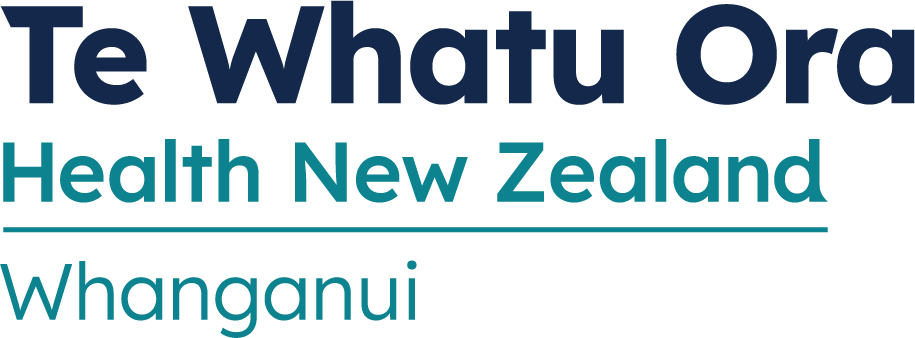
3 December 2018
‘Make every sleep a safe sleep’ - that’s the message Whanganui District Health Board (WDHB) is urging families of young children to take on board to avoid the risks associated with Sudden Unexpected Death in Infancy (SUDI).
WDHB is embracing Te Rā Mokopuna (National Safe Sleep Day) on Friday 7 December to raise awareness about SUDI and encourage families with new-borns or babies-to-be to use safe sleep devices such as woven wahukura and Pepi-pods, which babies can be safely placed in for sleeping.
WDHB public health nurse Marianne Vine says SUDI caused by unintentional suffocation is preventable, and risks for babies can be significantly reduced when the rights steps are put in place.
“While smoking and bed sharing are major risk factors leading to sudden unexpected death in infancy, we’d also urge mothers and families to think about safe clothing and bedding choices for their babies,” Mrs Vine says.
“The importance of babies and infants having clothing and blankets that can breathe, for example cotton and wool, is vital to preventing overheating which can lead to SUDI. This age group cannot regulate their body heat, which makes them among the most vulnerable.”
Mrs Vine says popular polar fleece and mink blankets are not OK for babies or infants. “Easy wash merino wraps are popular and are perfect for babies. There are many lovely woollen blankets available through op shops that can be hand or gentle washed. I recently picked up a robust pure wool baby shawl for $2 from an op shop in very good condition.”
Mrs Vine encourages families to look at free online resources about SUDI prevention, including through the Change for our Children, Ministry of Health, HealthEd and Safe Kids websites. She says the ‘PEPE’ framework is a simple guideline for SUDI prevention:
PLACE baby in their own bed for every sleep (and close to parents/caregivers at night).
ELIMINATE smoking in pregnancy, in the whānau and in the home.
POSITION baby on their back for sleep.
ENCOURAGE and support Mum, so baby is breastfed.
It’s a message supported by Whanganui Regional Health Network safe sleep coordinator Angela Weekly, who welcomes calls from people wanting a pepi-pod or wahakura.
“Pepi-pods and wahakura are supplied complete with a mattress, sheets and a merino blanket. Likewise, if you have been gifted a Pepi-pod or wahakura, we can help to source linen and mattresses.”
In New Zealand, SUDI is the main cause of death for children aged between one month and one year. SUDI kills 40 to 50 babies a year. Risks of SUDI are higher for premature babies born before 37 weeks gestation; babies with low birth weight - lower than 2500 grams; babies of teenage mothers; babies of Māori and Pacific Island families; babies of mothers on medication which can lead to drowsiness; babies who have been exposed to smoking during pregnancy; and babies exposed to regular alcohol, smoking and/or other drug use in the household.
If you - or a hapū (pregnant) woman you know has one or more of these risk factors, you may be eligible for a free pepi-pod or wahakura. Please contact Whanganui Regional Health Network on 06 348 0109 or email reception@wrhn.org.nz for more information, or speak to your lead maternity carer or well child provider.
|
Did you know babies only breathe through their noses? Babies have a large and heavy head, a loose jaw joint and a large tongue. Together, these things make babies vulnerable during sleep. This is a time when it is possible for babies to block their own airways if they find themselves in certain situations. For this reason babies should always sleep on their back, face clear, in their own space with a carer near. A baby’s breathing tubes are small and a curled chin to chest position may further reduce oxygen from reaching the baby’s lungs. Smoking also reduces the oxygen supply to babies before birth which increases the risk of SUDI. Smoking cessation support is available on 0800 200 249. |



